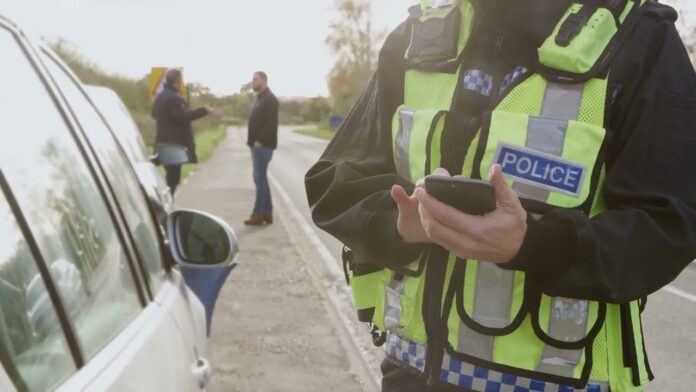New rules on fuel rates, EV chargers, and HGV tachographs to reshape the road landscape for UK drivers.
December brings a raft of changes for UK drivers as new regulations take effect, touching everything from fuel rates for company cars to compliance rules for electric vehicle (EV) chargers and heavy goods vehicle (HGV) tachographs. These updates, spearheaded by HMRC and the Department for Transport, are poised to impact businesses and individuals alike, setting the tone for a greener and more efficient road network.
Fuel Rate Revisions for Company Cars
Starting 1 December, HMRC is rolling out updated Advisory Fuel Rates (AFRs) for diesel and petrol company cars. These rates dictate the pence-per-mile (ppm) reimbursements for business travel and have been trimmed across the board.
Drivers of diesel cars with engines exceeding 2,000cc will see their rate drop from 18ppm to 17ppm, while those with engines between 1,601cc and 2,000cc will experience a cut from 14ppm to 13ppm. Smaller diesel engines (up to 1,600cc) will now be reimbursed at 11ppm, down from 12ppm. Petrol drivers won’t escape the cuts either, as all three rates for petrol vehicles have also been reduced.
For reimbursement purposes, employers have the flexibility to classify hybrid vehicles under either petrol or diesel. However, the revised rates exclude vans, and VAT claims will still require valid receipts.
Stricter Tachograph Regulations for HGVs
In a move that directly impacts the logistics sector, new tachograph rules for HGVs are set to come into force. From 21 February 2024, all newly registered in-scope vehicles must be fitted with the updated ‘smart tachograph 2’ or its transitional variant, regardless of journey type.
The DVLA has confirmed that vehicles currently using analogue or digital tachographs must undergo retrofitting by 31 December 2024 if they are engaged in international travel. This change aims to enhance compliance, ensuring better monitoring of drivers’ hours and promoting road safety. Fleet operators are urged to prepare for this shift promptly to avoid disruptions.
£10,000 Penalties for Non-Compliant EV Chargers
EV drivers will be glad to know that the government is clamping down on unreliable charging infrastructure. Operators of EV charge points now face fines of up to £10,000 if their stations fail to meet updated standards. These include the mandatory installation of contactless payment options for chargers with a capacity of 8kW and above, as well as a stringent 99% reliability requirement.
Adam Hall, director of energy services at Drax Electric Vehicles, highlighted the importance of these changes: “Councils are working hard to modernise their EV infrastructure, but barriers remain. Bridging these gaps is essential to build confidence in the UK’s growing EV market and to facilitate a smoother transition for businesses and fleets relying on a dependable public charging network.”
This regulatory push underscores the government’s commitment to accelerating the UK’s transition to electric mobility. Non-compliant operators risk hefty fines, reinforcing the urgency for modernisation and ensuring EV owners have access to reliable charging options.
Zero Emission Vehicle Mandate Looms
Adding to the list of changes, car manufacturers must now adhere to ambitious sales targets under the Zero Emission Vehicle (ZEV) mandate. This policy, which holds automakers accountable for meeting specific electric vehicle sales quotas, threatens substantial fines for those falling short. As the UK inches closer to its net-zero ambitions, these measures signify a decisive step towards decarbonising the nation’s transportation sector.
